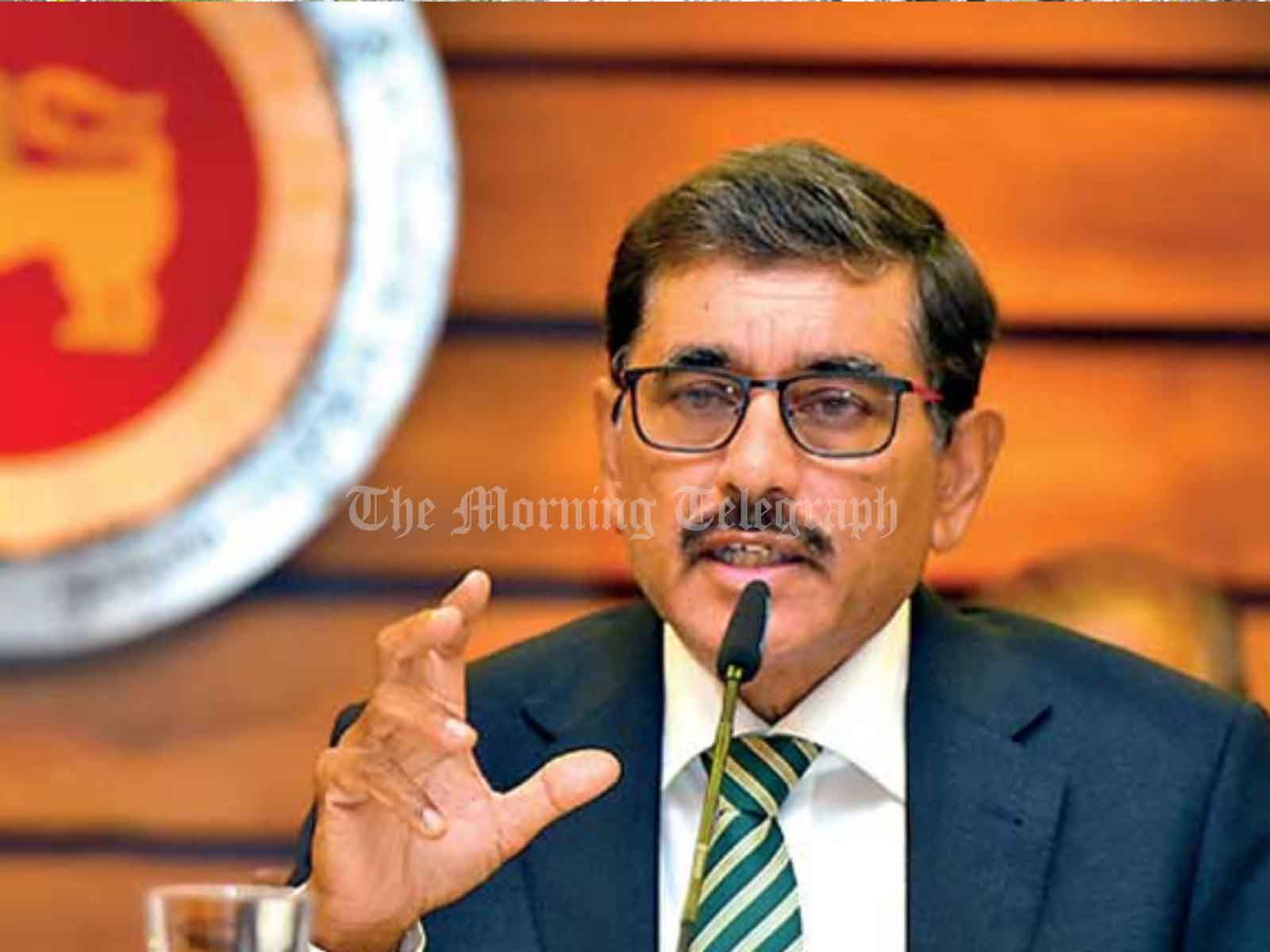
Dr. Nandalal Weerasinghe, the Governor of the Central Bank of Sri Lanka, has issued a serious warning regarding the potential fallout if the country’s current economic reforms are reversed. Speaking at the 37th Annual Conference of the Sri Lanka Trade Unions, Dr. Weerasinghe stressed that abandoning or reversing these reforms could lead to a repeat of the severe economic and social crisis that Sri Lanka has endured over the past two years.
Ongoing Reforms and Their Importance
Dr. Weerasinghe explained that the reform process underway is crucial for stabilizing Sri Lanka’s economy, which is essential for achieving sustainable growth over the medium and long term. These reforms are designed to restore economic stability, which has been undermined by the recent crisis. Although the reforms are expected to be challenging in the short term, they are necessary to put the economy on a path toward robust and sustainable growth.
Potential Risks
The Governor highlighted several critical points:
Impact of Reversal: Any reversal or disruption of the reforms could significantly hinder the economic recovery process. Such setbacks could lead to increased pressure on the economy, potentially resulting in a return to the severe crisis conditions that plagued Sri Lanka in recent years.
Social and Economic Stability: Dr. Weerasinghe warned that failure to maintain the current reform trajectory might not only affect economic stability but could also trigger a social crisis. This is due to the interconnected nature of economic stability and social well-being.
Fiscal and Credit Sustainability
Dr. Weerasinghe pointed out that in the current sovereign debt crisis, the government has limited financial capacity to boost the economy through traditional means such as increased spending or tax reductions. Instead, he emphasized that re-establishing fiscal and credit sustainability is critical. This involves maintaining fiscal discipline and ensuring that the country’s credit conditions remain manageable to support long-term economic health.
Commitment from All Parties
The Governor stressed that the successful implementation of these reforms requires the commitment and support of all parties involved. Any political or social uncertainties could jeopardize the reform process, impacting the country’s economic trajectory and potentially causing irreversible damage.
Future Outlook
Dr. Weerasinghe’s remarks underscore the importance of adhering to the current economic reform agenda. By maintaining the reform efforts, Sri Lanka aims to overcome the challenges posed by its economic crisis and set a foundation for future stability and growth.




